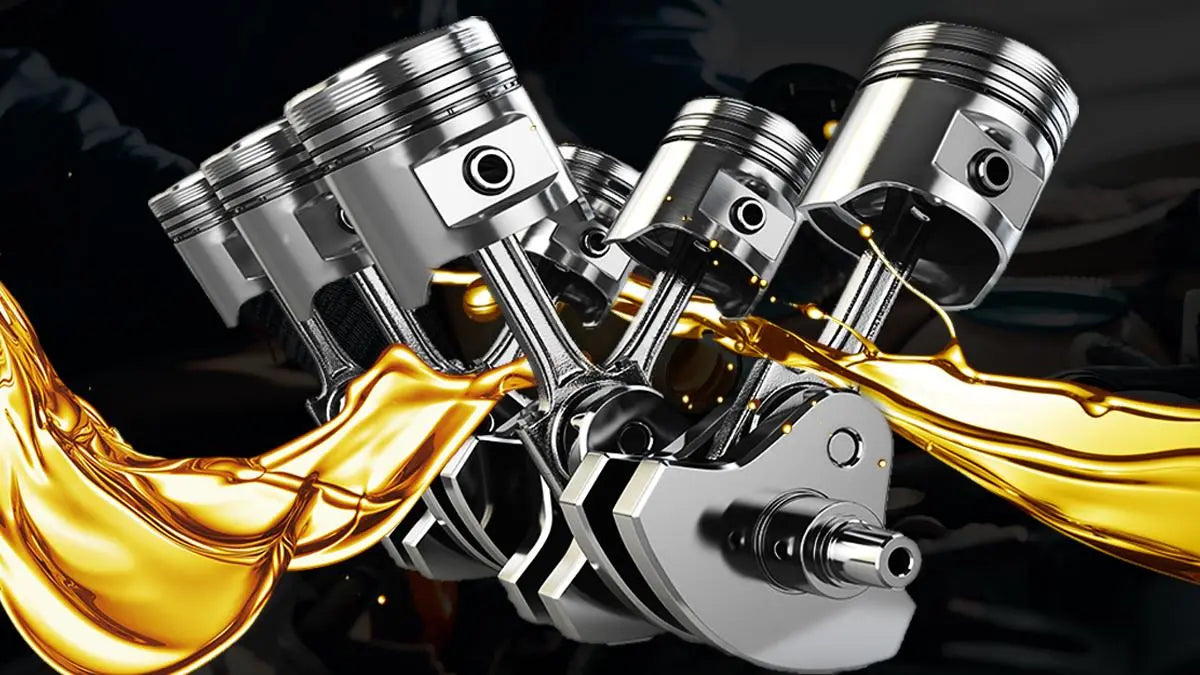What Does an EGR ...
Aug 09, 2025

One of the most debated topics in diesel performance is whether emissions deletes improve or harm engine longevity. To settle this discussion with hard data, we analyzed oil sample reports from deleted and stock diesel engines over 100,000+ miles. The results reveal how turbocharger efficiency, airflow dynamics, and combustion quality impact wear metals, contaminants, and oil breakdown.
Testing Methodology
We collected oil samples from:
Stock 6.7L Power Stroke & Duramax engines (with intact DPF, EGR, and SCR systems)
Fully deleted counterparts (EGR/DPF removed, tuned for optimal airflow & combustion)
✔ Same oil brand & interval (5,000 miles, 5W-40 synthetic)
Each sample was analyzed for:
· Wear metals (Iron, Copper, Lead, Aluminum)
· Soot loading
· Fuel dilution
· Viscosity breakdown
Key Findings: How Deletes Affect Engine Wear
1. Reduced Soot Contamination in Deleted Engines
· Stock engines: High soot levels (1.5-2.0%) due to regeneration cycles & EGR recirculation
· Deleted engines: Soot reduced by 40-60% (0.6-1.2%) from cleaner combustion
Why It Matters:
Excess soot increases abrasive wear on turbocharger bearings, cylinder walls, and fuel injectors.
2. Lower Wear Metals in Deleted Engines
|
Wear Metal |
Stock (ppm) |
Deleted (ppm) |
Reduction |
|
Iron |
35-50 |
15-25 |
~50% |
|
Copper |
8-12 |
4-7 |
~40% |
|
Lead |
10-15 |
5-8 |
~45% |
Cause:
· EGR deletion eliminates acidic combustion byproducts attacking bearings.
· Improved airflow (from high-performance manifolds & cold air intakes) reduces heat stress.
3. Fuel Dilution: A Surprising Result
· Stock engines: 2.5-3.5% fuel dilution (from incomplete DPF regens)
· Deleted engines: 1.0-1.8% (more efficient combustion)
Impact:
Fuel-thinned oil loses viscosity faster, accelerating turbocharger and valvetrain wear.
4. Turbocharger Lifespan Extended
Deleted engines showed:
✔ Less compressor wheel erosion (cleaner intake airflow)
✔ Reduced oil coking (no DPF-induced heat cycling)
✔ Lower shaft wear (better oil quality)
Why Deleted Engines Last Longer
1. Eliminating EGR prevents soot/acid contamination.
2. DPF removal stops destructive regeneration heat cycles.
3. Optimized airflow (via performance manifolds & intakes) improves combustion efficiency.
4. Cleaner oil reduces abrasive wear on critical components.
The Verdict: Data Supports Emissions Deletes for Longevity
Contrary to some claims, properly tuned deleted engines exhibit:
✅ Lower wear metals
✅ Reduced soot & fuel dilution
✅ Extended turbocharger life
For maximum durability, pair deletes with:
✔ High-flow intake systems (reduces airflow restrictions)
✔ Quality synthetic oil (combats residual soot)
✔ Regular oil analysis (monitors engine health)
Upgrade Your Diesel’s Lifespan Today
Ready to improve your engine’s longevity? Explore our performance airflow upgrades and emissions solutions at:
👉 DynoVox Performance Parts